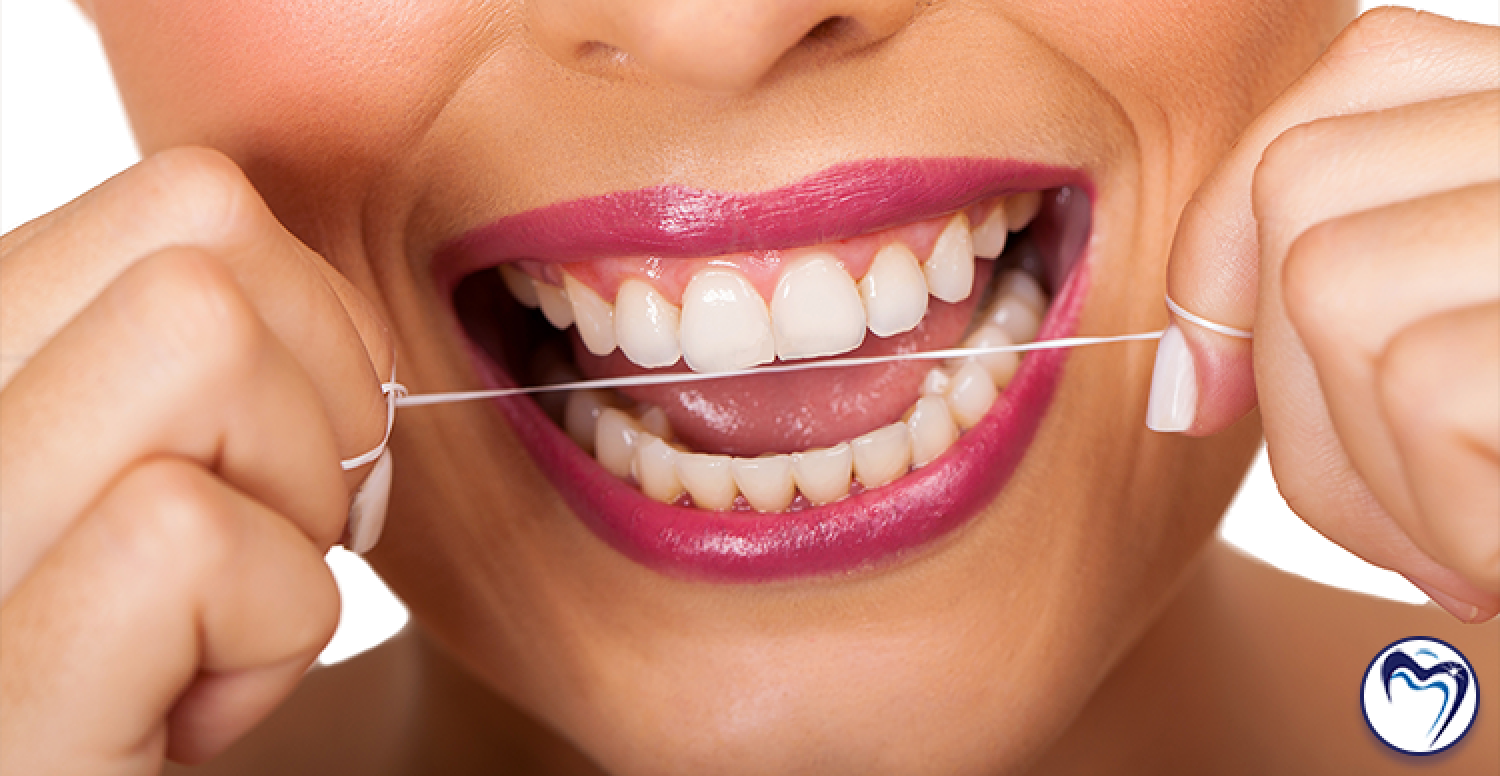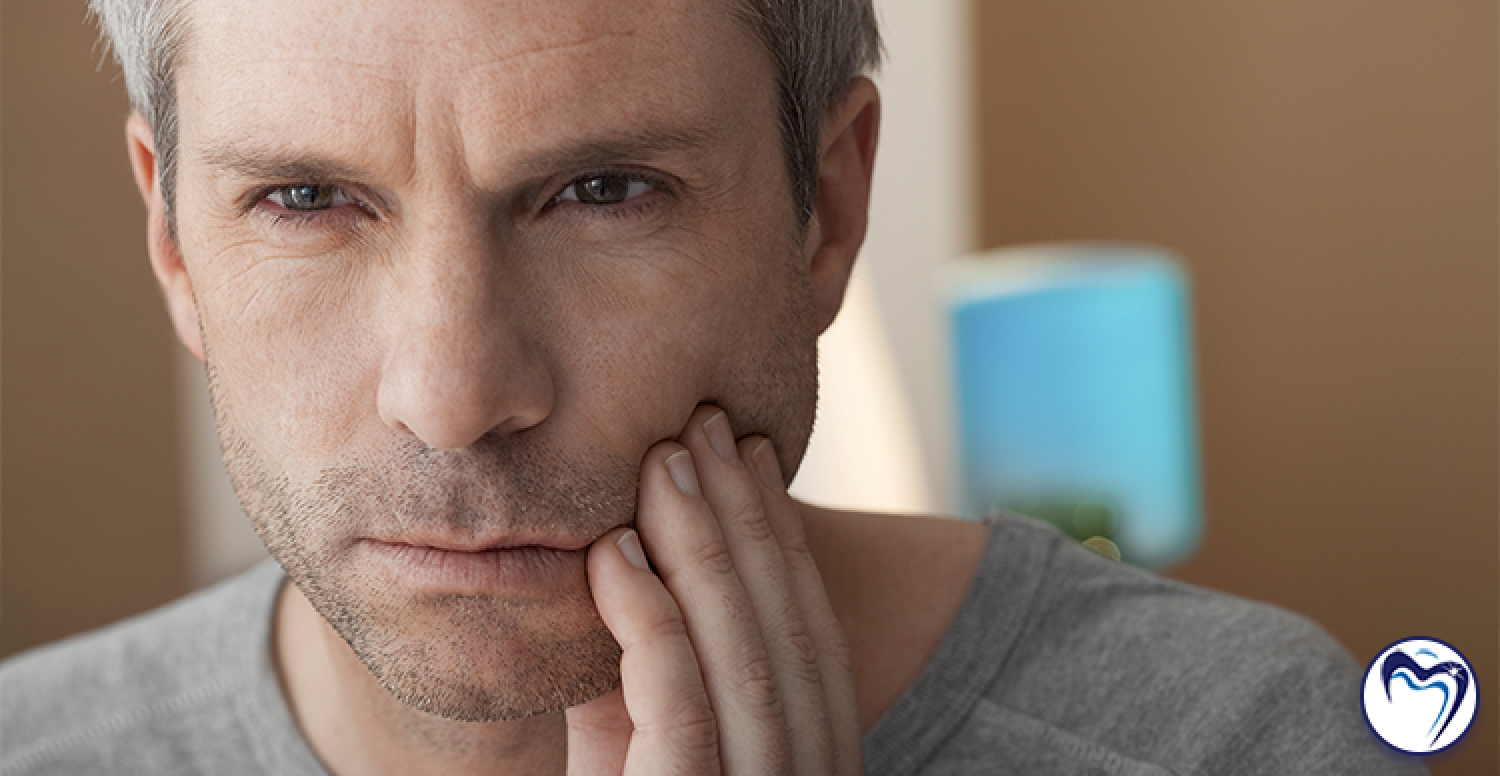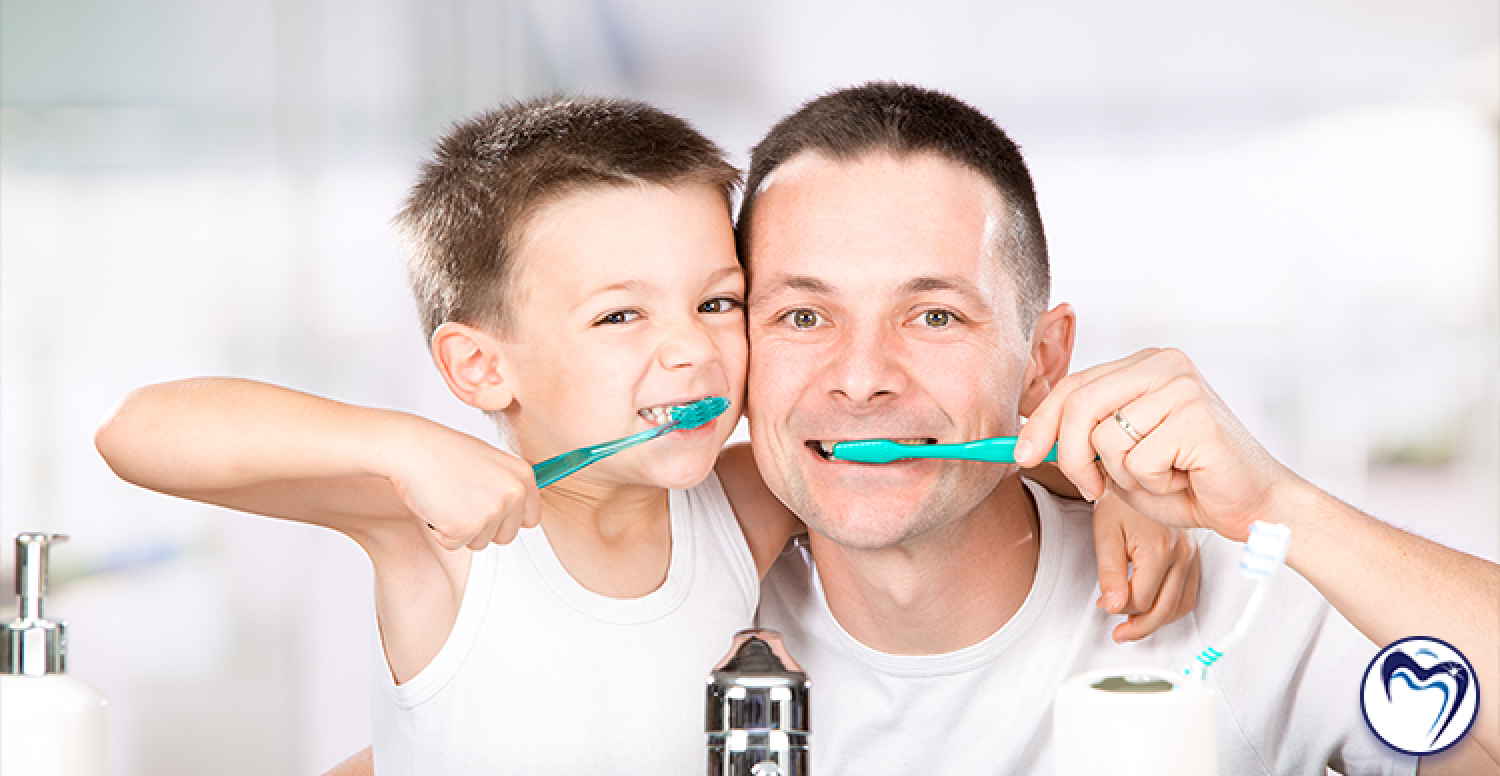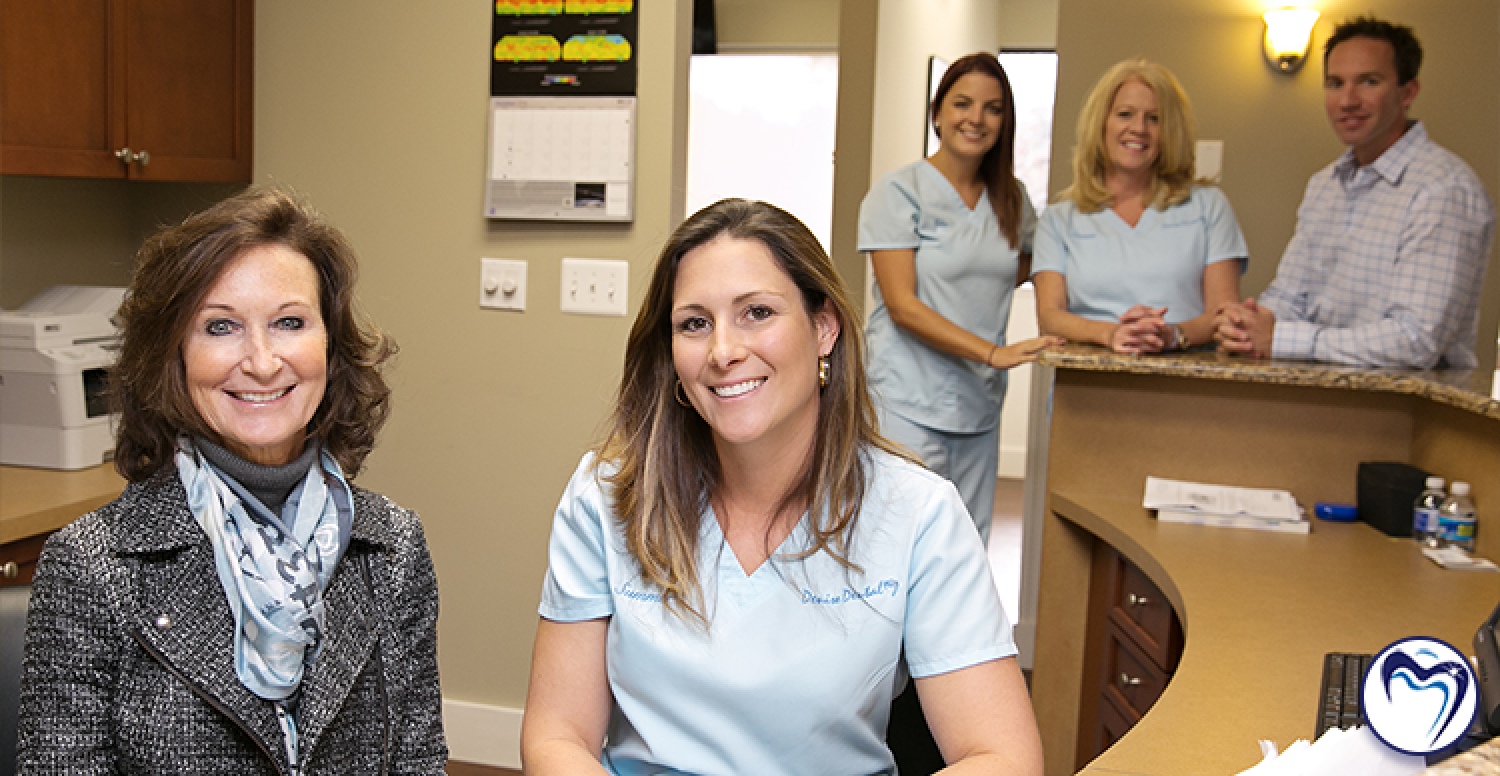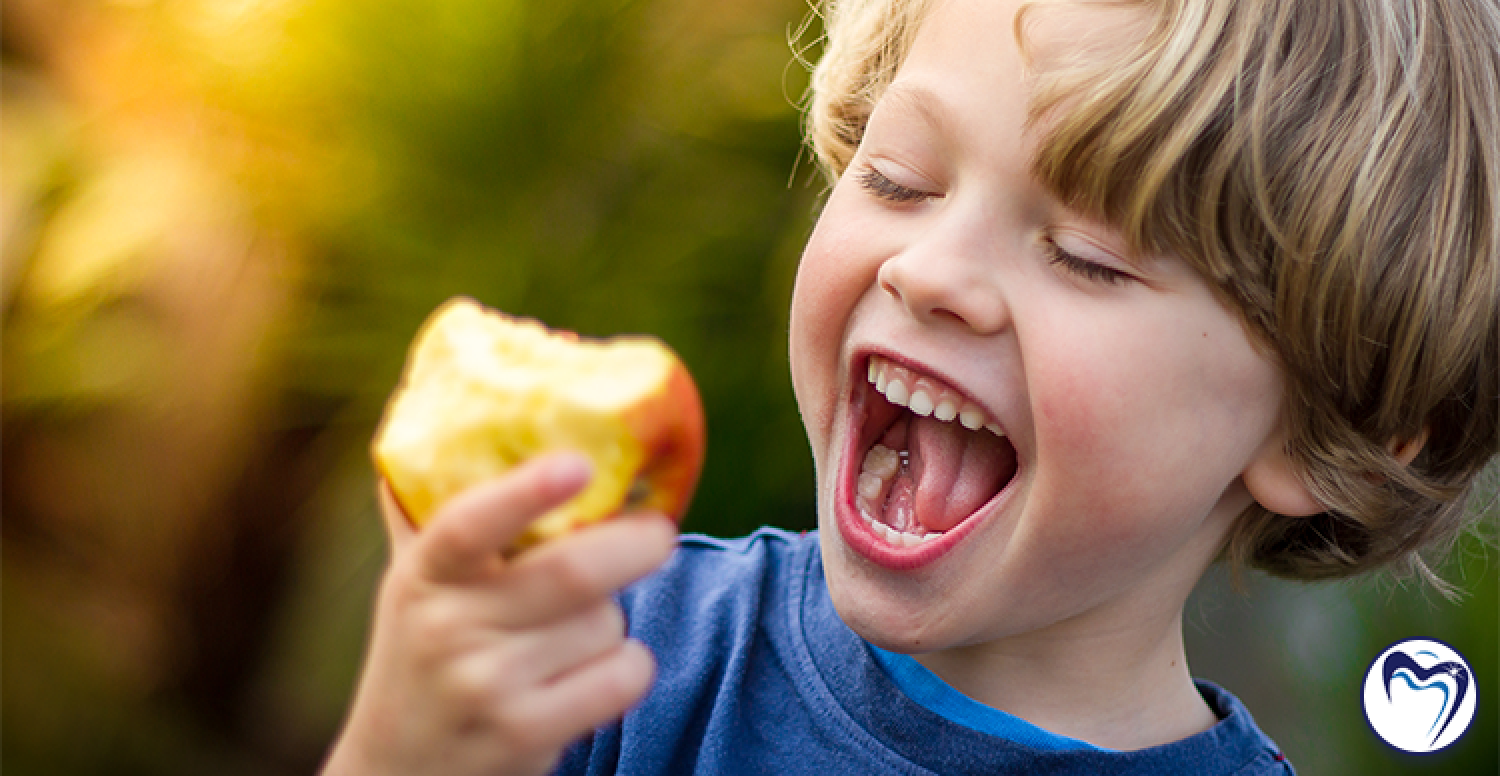Quick Guide to Flossing Your Teeth According to the American Dental Association (ADA) flossing in an essential part of caring for your teeth and gums. Flossing cleans in in between your teeth and gets into those areas that brushing alone cannot reach. It’s also proven to remove the debris that can contribute to plaque buildup. Therefore, when you floss you reduce the risk of tooth decay and gum disease. But, did you know there is a right way and wrong way to do it? Here are the do’s and don’ts of flossing your teeth. Basic Flossing 101 Use around 18 inches of floss, which is approximately the length of your arm from the tip of your middle finger to your elbow. Wind the floss around the middle fingers of both hands leaving an inch or two in the middle to work with. Hold the floss between your thumbs and pointer finger
Do I Really Need a Night Guard? Have you noticed that you have been waking in the morning with a headache? Or pain in your jaw, neck or face? Are you experiencing increased tooth sensitivity? Does your sleep pattern seem interrupted? Chances are you may be experiencing bruxism, the medical term for forceful clenching or grinding of your teeth. A visit to your dentist will confirm the condition. He may recommend you use a night guard. However, you may be asking, “Do I really need a night guard?” The short answer is, yes. Because, when left untreated, bruxism can cause damage to your teeth and jaw, plus have an effect on your health. What is Bruxism? It is the medical term for grinding and clenching your teeth. Many people may not even realize they are doing it, as it often happens while sleeping. Some of the symptoms include: Otherwise unexplained
Do’s and Don’ts of Brushing Your Teeth All dentists will recommend that you brush your teeth at least twice a day, in addition to flossing once daily. And, sure, you may have developed great habits for brushing since you were a kid. But, believe it or not, there is a right and a wrong way to brush your teeth. We’ve got some tips for keeping your smile clean and healthy. Here are the do’s and don’ts of brushing teeth. The DO’S of Brushing Your Teeth Do Brush with Fluoride Toothpaste Fluoride is a naturally occurring element. It has been proven that it prevents and even reverses tooth decay. Do Choose the Right Toothbrush Make sure your toothbrush is the appropriate size. Also, choose a brush with soft bristles. If the bristles are too hard you may cause damage to your gums. Do Brush for at Least 2 Minutes Consider brushing
7 Benefits of Regular Dental Visits It makes sense that when you have a healthy smile, you smile more. But, did you know there are many other benefits of regular dental visits, beyond just good looking chompers? With our busy lives filled with work, kid’s activities, and family responsibilities our teeth often fall to the bottom of the list of priorities. The summer can be the perfect time to bring in the whole family! The kids are out of school, and your work schedule may be more flexible. Not convinced? Well, check out these 7 benefits of regular dental visits for more good reasons. 1. Early Intervention Did you know that you can start bringing your child to the dentist as young as two years old? While they may not get a full cleaning at that time, you are instilling from an early age just how important it is to
Best Snacks for Healthy Teeth Sure, we are all making better food choices to stay healthy and fit. But, did you know that what you eat can also impact the health of your teeth? Being conscientious at any age will help to ensure you will be in the best shape your whole life. Here are the best snacks for healthy teeth. Cheese If you already are a cheese head, here’s yet another reason to love this food. It helps lower your risk of tooth decay. A study published by the American Academy of General Dentistry reported that when you eat cheese it raises the pH in your mouth. Additionally, it increases saliva production. Lastly, cheese contains calcium and protein, which help strengthen tooth enamel. Combined all of these factors help fight tooth decay. Yogurt Similar to cheese yogurt contains calcium and protein. However, it also contains live cultures and probiotics. This
Your Infant’s Gum and Toothcare Play an Important Role in Your Child’s Health Dr. Jason Denise of Denise Dental Studio believes that your infant’s teeth have a very important role in your child’s health over their entire lifetime. Baby teeth are the placeholders for adult teeth and play a big role in chewing and speech development. Caring for your infant’s teeth begins during the first weeks of your child’s life, long before the first teeth will appear. Brushing Before Teething Before the first teeth even appear you can start to create lifelong healthy habits. Gently rub a moistened washcloth or gauze over the infant’s gums 2 – 3 times per day. Not only does this help with hygiene but more importantly your child is getting used to the feeling and routine which will make tooth care much easier moving forward. Gently cleaning the gums a minimum of 2 times per
Give Yourself the Gift of a Brighter Smile Strengthen your confidence and appearance with a quick in-office ZOOM Whitening treatment. Denise Dental Studios is offering a spectacular pricing all year for their in-office ZOOM Whitening procedures including custom take home trays. ZOOM! One Hour and You are Off with a Significantly Brighter Smile! How much brighter? Up to 8 SHADES Brighter! If you are looking for a new look, come see Dr. Jason Denise DDS at his offices off of Riva Road in Annapolis, MD. Tooth whitening does not damage your tooth enamel and is much safer and cheaper than other procedures that people go to for a new look and boost in confidence. Tooth staining is a natural part of aging. It is nothing to be ashamed of and can quickly be corrected and maintained. Did you know that teeth often stain unevenly? Whitening is often used to neutralize
Your Hygienist Does More Than Clean Teeth It is important to come to our office on a regular basis for professional cleanings. The role of the dental hygienist, however, is not limited to cleaning teeth. The hygienist is also responsible for carefully charting the teeth, taking x-rays, and providing oral hygiene instruction. Think of the dental hygienist as an oral health care counselor who works under the supervision of the dentist to help the patient. Hygienists have a wealth of experience, and their training and education qualifies them to answer many oral health questions and provide guidance. In many cases, dental hygienists are the first to notice or be told about changes to a person’s general or oral health. They record this information in the patient’s chart and also make sure that the doctor is notified so that a proper diagnosis can be made. Your dental hygienist is a trusted

